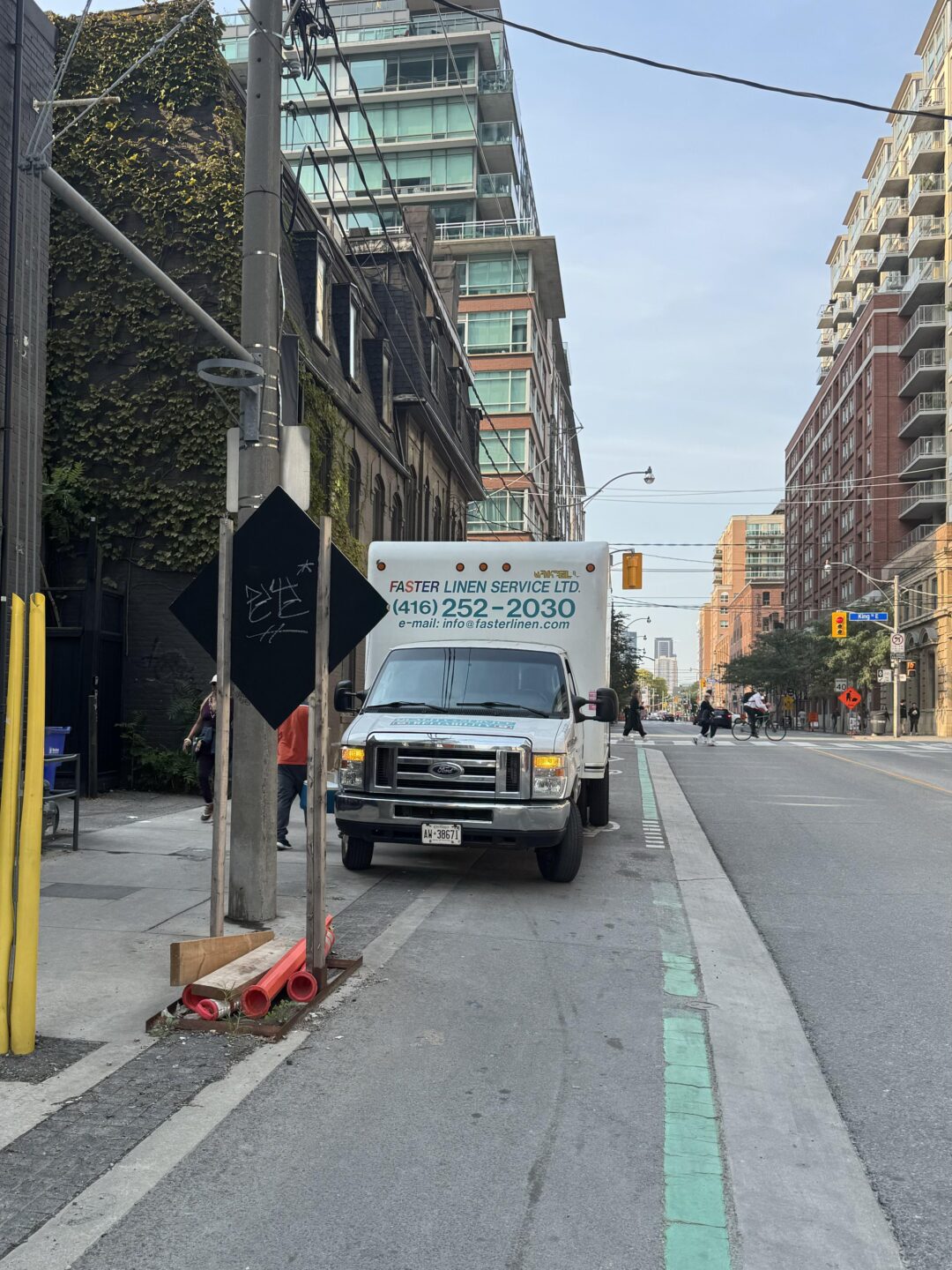By Megan Bocchinfuso –
Meta and Google blocked Canadian news outlets from posting news content on their platforms starting August 1. National, provincial, independent and even school news channels were unable to post messages and saw a black screen reading “People in Canada can’t see your content.”
The ban has sent news outlets into the dark. Local and independent news channels heavily relied on social media and online engagement for viewership and audience growth.
“The majority of our traffic at The Hoser is from social media,” said Kevin Taghabon, co-founder of the online GTA publication. “For them to pull out the rug now means at least half of our traffic is affected.”
The federal government announced Bill C-18 in April 2022 to require online social media and search engines to compensate news outlets for using their free content. The Canadian Online News Act became law on June 22, 2023.
However, tech leaders Meta and Google retaliated by blocking all Canadian news outlets from posting content on their platform; simultaneously disallowing Canadian viewers from accessing or viewing the news.
Toronto freelance journalist, digital marketer and social media manager Erin Horrocks-Pope said local journalism had its place in a digital, social-media-based world, where people could easily access, share and discuss news. Now, viewers have to seek out news.
“Most people my age (thirties) don’t check news randomly; any news we discuss is something they’ve seen on social media,” Horrocks-Pope said.
According to a survey of 2,200 Canadians by Abacus Data, only 20 per cent believe social media platforms should pay for news, and 79 per cent said they personally would not pay. However, 75 per cent said they want the Canadian government to protect local news and give them resources to continue operating.
Online journalism has mostly been free since the dawn of social media 15 years ago. The problem, Taghabon said, is that people are accustomed to accessing news online for free.
Print journalism has been in decline. Newspaper sales in Canada in 2020 “declined to $2.1 billion in 2020, down 21.9 per cent from 2018”, Statistics Canada reported in their most recent newspaper publishers survey.
Newspaper advertising has also significantly decreased (down 45 per cent in 2020 from 2018). The social media ban will also affect advertising and sponsorship opportunities, Taghabon said, as sponsors often check a newspaper’s online following before deciding to invest.
Taghabon accused Meta and Google of “bullying” against journalism, saying there are dangers in allowing tech giants to “choose what laws they want to follow and which laws they don’t want to follow.”
Brian Burhcell, editor-in-chief of the Toronto independent paper Annex Gleaner, agrees with Taghabon’s call to “fight the good fight” against Meta and Google. The government is “standing up against the bully,” he said. “Good for Canada; I’m proud they did it.”
Burchell believes journalism and social media to be contradictory. He says he cannot compete in social media-fueled journalism while maintaining the paper’s mission, which is to provide “real, raw, unsolicited local news.”
“The Gleaner arrives in your mailbox not because you subscribed to it, or asked for it, but because it is the local voice,” he said. Burchell believes Facebook and social media will not be part of journalism’s near future, because social media is “not an honest reflection of facts.”
Horrocks-Pope said local news outlets should focus on popularising print newspapers to enable them to survive. “Local news will have to rely on print, and find a way to make it exciting again. We can’t rely on social media any more.”




